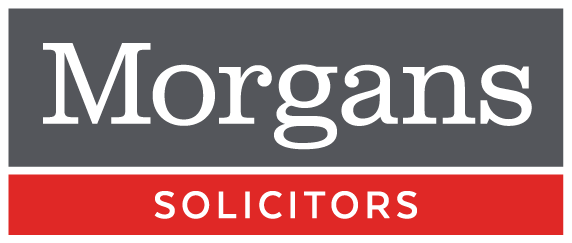
In a busy property market, closing dates are routinely fixed. On the closing date, there are usually a number of offers received for each property. We will go through each of these offers with you. When we do that, one of the questions we’re frequently asked is “Why shouldn’t I accept the highest offer?”
There isn’t one “right answer” to that question. However, it is not always the case that the highest offer is actually the best one. The highest offer means nothing if your sale falls through!
When we receive offers for clients we will review all the terms of the offer. Of course, the price, date of entry and extras included in the sale are important to you. However the offer will contain a number of other clauses. Some of which relate to the title, searches, local authority planning positions and the like. These are general and expected conveyancing type clauses.
In addition, we will check all of the clauses in the offer. Thereafter, we will advise you on which ones might cause the sale to fall through.
What things might persuade you not to accept the highest offer?
For instance, if the buyer’s offer is “subject to satisfactory mortgage funding”, then that could be extremely risky. If the buyer’s mortgage application is rejected, they can pull out because they didn’t get a mortgage offer. Even if they did receive a mortgage offer, the loan might not be sufficient to allow them to buy the house. In either case, the option to withdraw from the contract lies with the buyer. If you accept this clause there is nothing you can do if the buyer pulls out.
Cash buyer is almost always preferred to a buyer who needs a mortgage – even if the price offered is not as high. In fact, having a cash buyer might be the very thing that persuades you not to accept the highest offer!
On other occasions, the offer might contain a clause saying the offer is subject to the buyer selling their own house. Again, there is risk attached to that because if the buyer cannot sell their own house, they will not be able to buy your house.
If all of the offers you receive have a “subject to sale” clause in them, we will enquire about the state of play in those sales and advise you of this. The location of the buyer’s property will also play a part in your decision-making. If the preferred buyer, who has submitted the highest offer, has a house in in an area that sells quickly, then it may be safer to accept that offer than an offer from another buyer whose house is in a less desirable and slower moving area. It is only with this information that you will be able to make a valued judgement.
Timing could be everything!
You will also need to consider the timing of the move. Whilst you might be attracted by the highest offer, if the buyer is looking for a very quick date of entry, you might not be able to accommodate that. Alternatively, the buyer might be looking for a long date of entry. That might not suit you because you might have an early date of entry for the property you are buying.
We will guide you through the pros and cons of each offer, but these are the sort of factors we are likely to discuss with you to help you make your decision.
It is always great to have a choice from a number of offers. However, in the final analysis, whilst you may well want to accept the highest offer, it is not always the highest offer that wins!
If you would like to discuss the sale or purchase of your house, please get in touch with us.
If you like this article, you might also like:
Missive concluded – does that mean I’ve sold my house?
Can I pull out of buying a house when my offer has been accepted?

